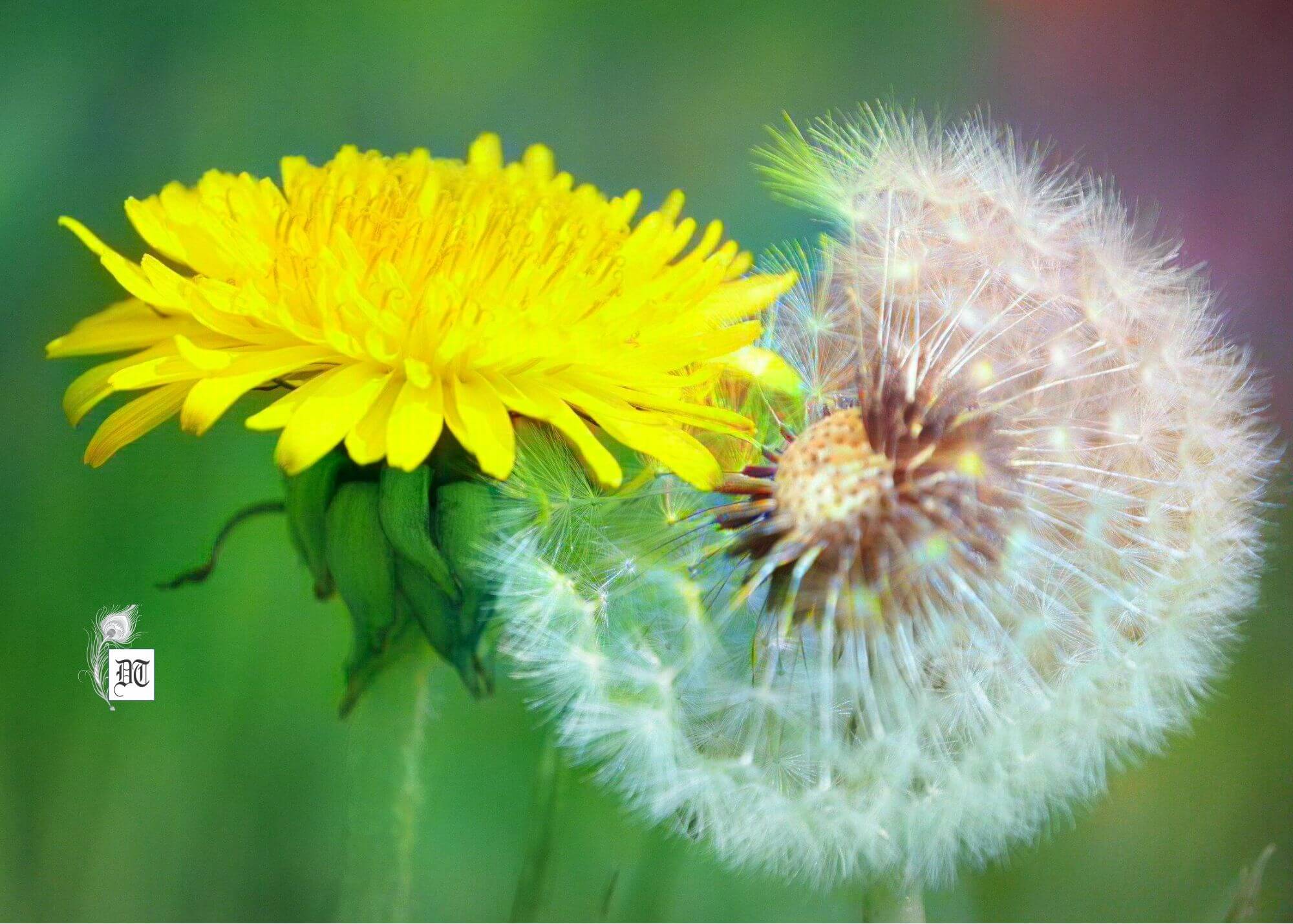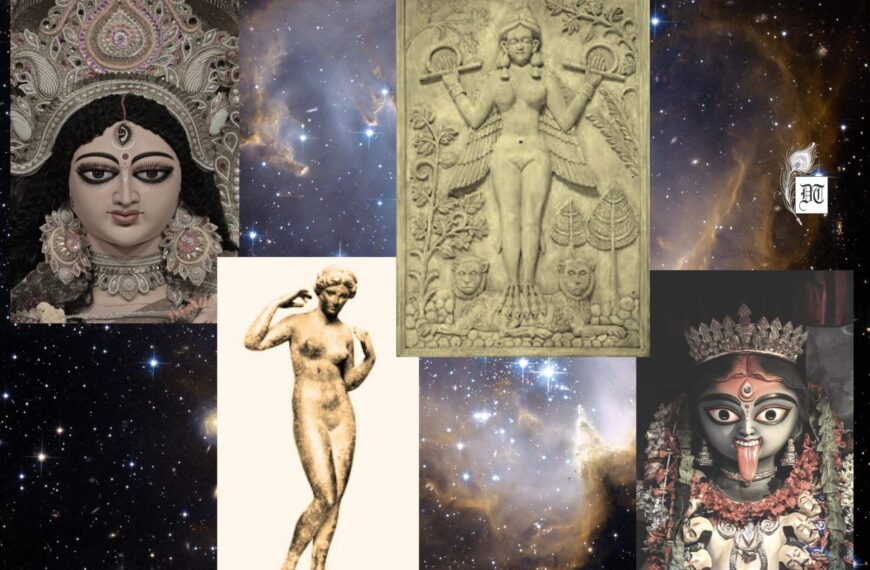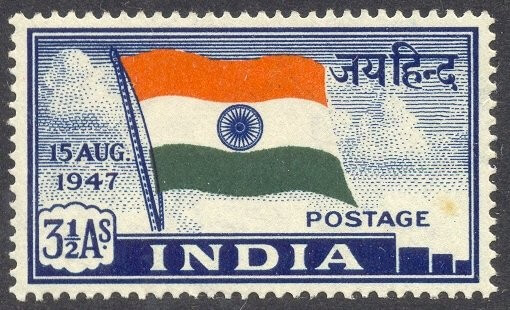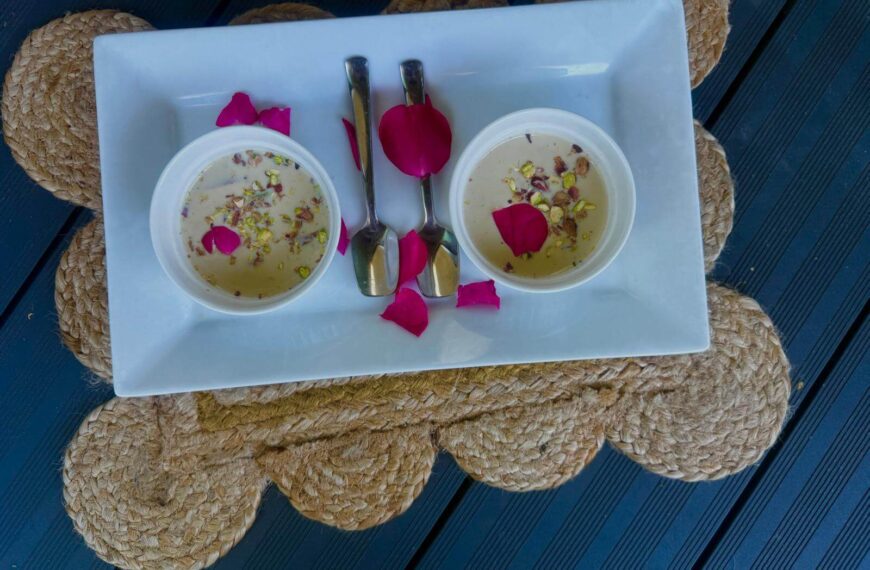In 1960, the Indo-Pakistani conflict impacted Azam’s family reunion, highlighting the enduring bonds of family across borders and the human cost of political strife. An exclusive for Different Truths, in two parts.
When my mother, sister, and I went to India, it was still five years short of the ill-thought out and unnecessary 1965 war which ensured that cousins reeling from the fratricidal madness of the 1947 massacres, topped by the 1948 Kashmir War, would remain mired in deadly squabbles over self-identification, self-image and real estate. And ‘sir jee,’ the now ubiquitous cross-border, visa-free form of address linking vernacular Urdu and vernacular Hindi speakers in a sycophantic doublet had not even been conceived.
In 1959, General Ayub Khan, the President of Pakistan, had promoted himself to Field Marshal, not because of any laurels in battlefield generalship, but only because he could. There was nobody to oppose him and, if there had been, he was sure that the result of the impending 1965 war predicted by his ‘son’ Zulfikar Ali Bhutto, progeny of a ‘Sir,’ brought up by an English nanny and, groomed by good old Berkley and Oxford, would take care of it.
We all know how that went down!
The good news that year was Justice Alvin Robert Cornelius being appointed Chief Justice of the Pakistan Supreme Court. It enabled the theocratic Islamic Republic of Pakistan to claim that its institutionally second-class religious minorities were well treated, while inveigling one of its loan ratifications from the US Congress, to fill the end-users’ off-shore accounts. However, Justice Cornelius trounced Pakistan’s decision makers by creating history as the legendary judge who had the integrity to disregard a dictator’s whims.
The precedent was upheld by Justice Khwaja Muhammad Ahmad Samdani when, in 1974, he defied Prime Minister Zulfikar Ali Bhutto’s Second Constitutional Amendment as a form of persecution. Yet, in 1977, he granted the same Bhutto bail, in defiance of General Zia ul-Haq’s directive, and subsequently chose retirement over ul-Haq’s new oath for justices of the high and supreme courts.
Such exemplary displays of integrity have been overwhelmed by the la’athi staff successfully gaining proprietorship of the buffalo, thereby upholding possession as nine points of the law.
Khruschev Circled Pakistan in Red
The year 1960 was also when Chairman Nikita Khruschev of the USSR had circled Pakistan in red for having allowed the USA to launch its U-2 spy planes from Badaber Base over the USSR’s territory after it shot down one of them and captured the pilot, Gary Powers. Consequently, the numbered bank accounts of Pakistani en-users received their portion of dollars-in-aid.
And, of course, the Indus Water Treaty over the sharing of river water in Pakistan originating in India was brokered by the World Bank. It is now under review.
I was aware of these events at that single-digit age since we read the newspaper home-delivered every morning, listened to the Pakistani, Indian, BBC, VOA and Radio Ceylon news on the radio, and subscribed to foreign magazines. The integrity of the domestic press was unreliable. The dictatorial government had weaponized the allocation of imported newsprint and wielded this power with impunity to churn out fictitious narratives in the ‘national interest!’
In addition, as constitutionally second-class citizens and bad-dad, being in government service, we were brought up to focus on current affairs and lay off domestic politics. Inadvertent wit could be interpreted as discontent or even disloyalty. Irony was little understood and considered close to sedition. Satire is still misspelled, mispronounced, misunderstood and misused, struggling with its self-inflicted identity crisis.
Fear and Suspicion
Living in fear and surviving under suspicion had caused my ears to become disproportionately big for my single-digit years, and my mouth selectively precocious, a phenomenon welcomed by Bad-dad’s amused friends who treated my conclusions as an outside opinion “from the mouth of babes,” while unhesitatingly sharing their mature comments with me.
Yet, that day in 1960, these suffocating parametres receded as Apa and I hugged each other and let the tears roll down our cheeks unchecked. Manni Bhayya — our Indian first cousin Manjit Singh — wasn’t coming to visit.
Here’s that story.
One-Mum’s family was in Jammu. Her sister, whom we all called Bee-jee, was a teacher. Her husband, Uncle Hari Singh, was a headmaster and brother of the late Bishop Baala Singh of Amritsar. That fratricidal 1948 war over high-altitude realty ensured the separation of our two families. Even in 1960, exit and entry visas for Kashmir were sparingly issued — if at all —by Pakistan or India.
Spin Fantasies
We only had pictures of Jaggi (Jagjit) bhayya, Manni (Manjit) bhayya, Kamini didi and Mohini didi and of course Uncle jee and Aunty jee, to spin fantasies over and superpose the tales we retrieved from Sunrise series textbooks, story books we bought from Book Centre on Lahore’s Mall and, those we borrowed from our school, the USIS and The British Council libraries.
The news of Manni bhayya’s impending visit had been the first thunderclap after a Punjabi summer dust-storm left its particles in the most secretive of places a household or the human body may be blessed with.
Manni bhayya, an engineering topper, a dashing, ace field hockey right-out for Madras University, and an Indian national team hopeful, would be coming to Lahore with a delegation of his varsity’s Students’ Christian Movement!
Bad-dad, then founder and Deputy Director of the Anti-Corruption Bureau, informed the authorities and received clearance to meet and host an Indian relative. I finally got my trendy branded shoes with buckles, instead of the boring, custom-made oxfords from Hopson’s I had to wear, a privilege I now treasure!
The Queen’s Favourite Dishes
We wondered if Manni bhayya would really turn up bowed under the weight of his banana garland. Bhaijan said so. Just as he told us on his authority that the Queen of England’s favourite dishes were mutton korma, nargisi koftas, shami kebabs, pala’a, roghni nans and shahi tukrdha.
So, Apa and I had started believing that Manni Bhayya would turn up with a garland of bananas while the Queen of England smacked her lips at the sight of her shahi tukrdha desert.
See, in those days, banana cartels were smuggling the fruit from India by the truckload. It was said that a banana truck from India would come at speed towards a border checkpoint with the driver holding out two hundred rupee notes, each expertly plucked by the two sides’ border guard while the truck roared into Pakistan with its cargo of joy for banana-starved kids!
The only bananas grown in Pakistan at that time were pathetic yellow-green curved tubes struggling for recognition in the coastal areas of Sind. Our ancestral home in Gujranwala had two banana trees optimistically planted by my grandfather. They only rendered meager fruit every two or three years so we could admire ourselves, say nice things about him, and fight over the fruit.
Banana Growers
Punjabis, in those days, were not banana growers.
Actually, they still aren’t. It was thanks to the USA-financed agricultural universities started under Ayub Khan’s presidency that “Sindh makes up the bulk of the production of bananas, followed by Balochistan, Khyber Pakhtunkhwa and lastly Punjab.”
An intriguing case of the genetic incompatibity of Punjabis and bananas.
We sat in the waiting room at Lahore’s Wagah land border crossing 22.4 kilometres from Lahore and 28.4 kilometres from Amritsar where now, both sides’ border guards dress in their parade-ground regalia for z-grade melodrama. Not content with merely flaunting their prowess at close-order drill, their bosses have also ordered them to gesticulate, and pull faces that might be the envy of Holly-Bolly-Lolly-Tolly-Nollywood’s entry-level villains, while a hysterical public raises national and religious battle cries, shoots telephone videos, circulates them with abandon and gets sticky fingers toking up on jalebis and doodh-patti cardamom tea.
Psychological-war Genii
The Indo-Pak psychological-war genii need to stop gloating over their IQs and re-read Marshal McLuhan’s 1964 ‘Understanding Media’.
In 1960, though, we were spared the theatrics of professional paramilitaries recruited from hereditary warrior clans, reduced to being bit part villains in a lambda-grade movie.
Yet, at the Wagah-Atari border, we had to face something much worse.
A bunch of chattering, smartly dressed Madras university students, eyes a-goggle, burst into the Pakistani waiting room, escorted by a tall, mustachioed Sutlej Ranger, impeccably starched in his turbaned finery.
And then our world crashed around us.
We dissolved into tears.
With great sadness, the accompanying professor informed us that Manni bhayya had been denied a visa.
Surgically Divided Lives
That day, at a single-digit age, the tragic absurdity of our surgically divided lives hit me, something still under process.
Our family went into mourning.
Yet, we couldn’t just let a heartbreaking farce, of which we had no part, creep in and settle, to gnaw and rot our hearts and brains.
Uncle Choudhry Mohammed Hussein, Bad-dad’s director, rose to the occasion.
He extracted a No Objection Certificate from the relevant authorities.
Accordingly, we were able to openly invite the Students’ Christian Movement delegation to our house for tea which, of course, means a dining table creaking with whatever savouries, confectionary, baking and mithaies can fit onto it. We kids sat mouth agape, stuffing ourselves and listening to stories of Manni bhayya’s dash and verve in the hockey field, his wavy locks and his brilliant results in engineering.
Tamil Beauty
Then a devastatingly attractive Tamil beauty coyly informed us that Manni bhayya planned to join the Indian army. He did, indeed, and retired from the Assam Rifles. I noticed a veil drop over my parents’ eyes. They knew we would never see him.
We didn’t.
I still haven’t.
Not even (thank God) on the Kashmir Line of Control (LOC) where my infantry unit was deployed in the early seventies and had one-mum on her knees pleading with God to spare Manni bhayya and me a hostile encounter…
So, I listen to the Assam Rifles’ regimental song, Badlu Ram, and hope to be able to acquire their kukri from Windlass. The handle has an embossed lion’s head, and I am a Shergill and cousin of an Assam Rifles officer.
When push came to shove, individual, human relationships withstood the onslaught of our degraded constitutional status. Much later, at the end of the seventies, when I had to leave Pakistan, from warning me, down to the mechanics of my fluid exit, it was Muslim friends who helped me, risking their own security.
(To be continued)
Picture design by Anumita Roy






 By
By
 By
By
Absolutely delightful read, Sir. Loved reading each word!
Thank you, sir!
Heart rending saga of your journey from childhood to this day is thrilling and touches inner cores of the reader’s heart. Salute to you,Sir for penning down this touching story and depicting history in an impressive way.
My sincere gratitude for your gracious words, sir!